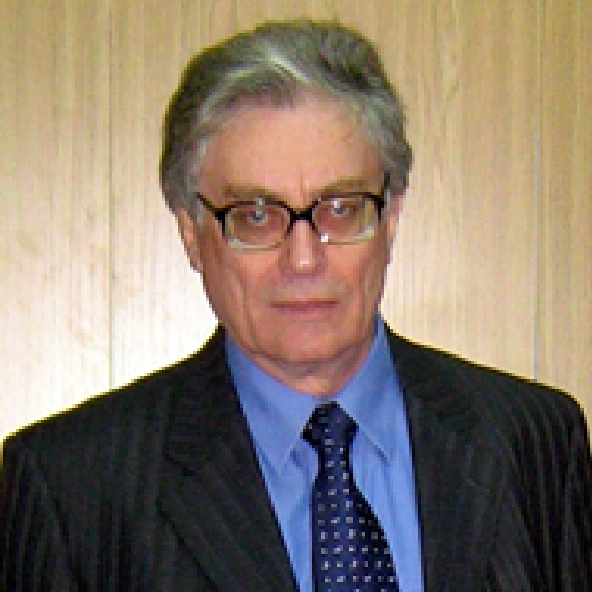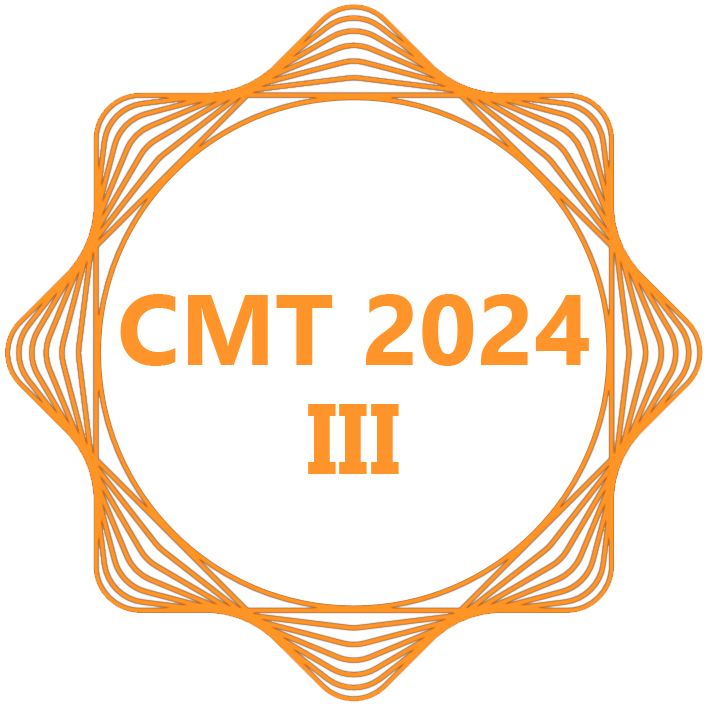Детали Спикера

Boykov Ilya
Доктор наук Профессор
Short biography
Ilya V. Boykov,
Doctor of Physical and Mathematical Sciences,
Professor of the Department "Higher and Applied Mathematics"
Penza State University.
Date of birth: Professor Ilya Boykov was born on March 19, 1941 in Ukraine, in the city Kremenchug of Poltava region (former USSR).
Education:
- 1957 - 1963 – he studied at the Penza Industrial Institute (Penza) (the latter, in 1961, it was renamed as the Penza Polytechnic Institute. (Electrical Engineering Diploma).
- 1964 – 1968 - he studied at the Faculty of Mechanics and Mathematics of the Kazan State University (Diploma with honors in Mathematics).
- 1968 -1971 postgraduate student (PhD) at the Department of Mathematical Analysis of Kazan State University. 1972 - defended Ph.D. thesis in the specialty "Mathematical Analysis". The topic of the dissertation is “Approximate solution of singular integral equations”.
- 1991 - defended the doctoral dissertation (DSc) in the Computing Centre of the Siberian Branch of the USSR Academy of Sciences in the specialty "Computational Mathematics". The topic of the dissertation is "Optimal in accuracy algorithms for calculating singular integrals and solving singular integral equations."
Labor activity:
- 1963 - 1965 - setup engineer at the Penza plant of computing electronic machines.
- 1965 - 1968 - senior engineer at the Penza Research Institute of Mathematical Machines
- 1971 - 1972 - assistant at the department of "Higher Mathematics" of the Penza Polytechnic Institute.
- 1972 - 1973 - senior lecturer at the department of "Higher Mathematics" of the Penza Polytechnic Institute.
- 1973 – 1974 associate professor at the department of "Higher Mathematics" of the Penza Polytechnic Institute.
- 1974 - 2022 Head of the department "Higher Mathematics" at the Penza Polytechnic Institute (now the department "Higher and Applied Mathematics" of the Penza State University).
- 2022 – Professor of the department "Higher and Applied Mathematics" at the Penza State University
Supervision:
Supervision of MSc students: more than 10,
Supervision of final works of students (FYP): More than 100 diplomas of specialists, more than 20 bachelor's theses were defended under his supervision.
Supervision of PhD students: 17 graduate students defended their Ph.D. dissertations
Grants:
- 3 grants from the Russian Foundation for Basic Research,
- 3 grants from the Ministry of Higher Education of the Russian Federation,
- grant from the Russian Scientific Humanitarian Foundation,
- 4 research topics carried out on the tasks of the Federal Agency for Education of the Russian Federation,
- 2 grants from the International Science Foundation.
- Twice was awarded the State Scientific Scholarship for outstanding scientists of the Russian Federation
Chairman of the program:
- Chairman of the program and organizing committees of annual conferences «Analytical and Numerical Methods for Modelling of Natural Science and Social Problems» (2006-2023), "Mathematical and Computer Simulation Natural Scientific and Social Problems " (2007-2023).
- In 1974, 1975, 1977, 1983-1986, 1994-1995, 1998-2011 was the chairman of the State Examination Commission at the Penza State Pedagogical University named after V.G. Belinsky.
- From 2003 to 2013 was the chairman of the regional subject commission for conducting the Unified State Examination in Mathematics in the Penza Region.
Member of society:
- Member of the American Mathematical Society, European Mathematical Society, Member of the Research Council of the American Biographical Institute.
- Soros Professor.
- Honorary worker of higher professional education of the Russian Federation.
- Honorary worker of professional education of the Penza region.
- His biography is included in a dozen international directories, including "Who is Who in the World" and Who's Who in Russia”.
His research interests are
- Approximation theory (splines, widths, entropy);
- Optimal methods for calculating singular and hypersingular integrals;
- Approximate methods for solving singular and hypersingular integral equations, Riemann and Hilbert boundary value problems;
- Approximate methods for solving direct and inverse problems of gravity exploration;
- Approximate methods for solving inverse problems of mathematical physics;
- Methods for identification of parameters of dynamical systems;
- Stability of solutions of differential and integral equation systems;
- Mathematical models of ecology, economics, medicine.
